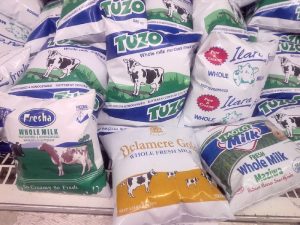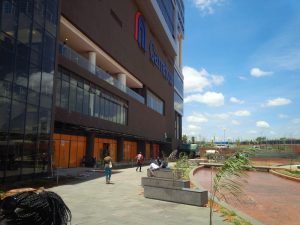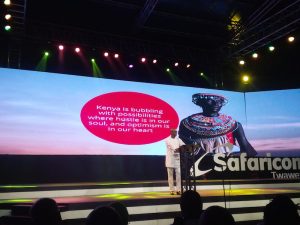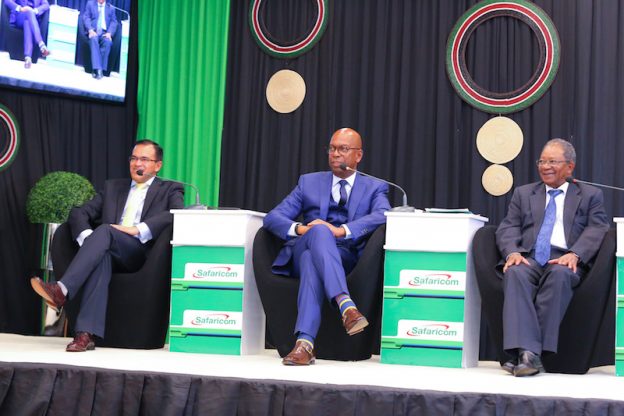Reading a version of a report (August 2017) on the telecommunication competition market study in Kenya by Analysys Mason (AM) of London for the Communications Authority of Kenya presents some startling observations and unwieldy regulatory recommendations.
They regulatory target is the telco – Safaricom, which is the market leader in Kenya’s telecommunications and mobile money space. The reports documents areas where Safaricom is dominant as well as other telco spaces and areas where other companies like Telkom Kenya, Airtel, Wananchi, Equitel (from Equity Bank) and Multichoice (who were beyond the scope of the study) also dominate.
The AM report looks at the current state of the telecommunications sectors, but it ignores the reality of how it got to be where it is – the history of telecommunications in Kenya, strategic-decision-making, investment & management decisions, price wars, new technologies like mobile money and fibre cables etc.
Other studies have been done on the telco sector in Kenya by different agencies. In 2012 Citi did a report on Bharti Airtel (after Bharti-Airtel bought out Zain Africa in 15 countries for $10.7 billion in 2010) and at the time; It noted:

Safaricom is by far the largest operator, with a 65% market share. Bharti is a distant second with a 15% share. Safaricom’s dominance has come down from a peak of ~80% a couple of years back as the smaller operators have become more aggressive.. while they both launched in 2000, Kencell (now Bharti) focused on the quality of network and high ARPU customers, Safaricom focused on the mass market. Also innovations like per-second billing, which Bharti took some time to introduce and M-PESA also helped (Safaricom) cement its dominant market position and Safaricom’s stable management in contrast to Zain’s frequent management (1. Kencell 2. Celtel 3. Zain 4. Bharti) changes also helped it compete more effectively.
In the past, the CA has pushed some changes to level the telco field such as rolling out number-portability, the ending of mobile money agent exclusivity, and the upcoming rollout of mobile money interoperability.
The AM report notes that there is some concern among investors in that, as Safaricom has maintained a high share of the market for many years and that recently Essar/Yu exited Kenya (2014), Orange sold out (to Helios who re-branded as Telkom-Kenya) and Bharti indicated that they may also consider leaving Kenya, and perhaps other countries in Africa.
While appeasing investors is good, they have to contend with Safaricom and its impact on a telco regulator with targets, and to the Kenya government country as a significant taxpayer (Safaricom’s 2017 annual report cites payment of Kshs 84.3 billion in taxes and fees to the government, in addition to 35% of Kshs 57 billion dividends that was paid to shareholders)
Finally, Safaricom is a vertically-integrated company, and dominant players come and go and they evolve over time as market forces, customers, and technologies changes. The AM report notes the introduction of Pesalink, which can be seen as a reaction by the banking sector to M-Pesa, and it also cites the use of Equitel – on average, a Safaricom M-Pesa subscriber makes 6 transactions per month, whereas an Airtel Money subscriber makes 0.6 and an Orange Money subscriber makes 0.1. However, the average Equitel subscriber makes 10 transactions per month – AM.
No one knows what the telco sector will look like in the next decade, but the consumers, not regulatory muscle, should be the decider.





